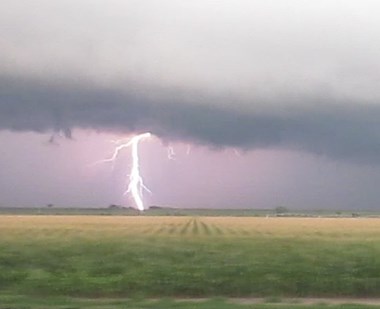His Grace is Sufficient

As we all know by now, the current move to "social distancing" is designed to "flatten the curve." While the problems will last longer, the human toll should be smaller. The number of critical cases will remain closer to the capacity of our health care systems. If the spread is slowed more people survive. There may even be time to develop and disseminate more effective treatment plans. At our University all research, except research related to COVID-19, is pretty much on hold - or will be soon. This is pretty typical. Many relevant laboratories around the world have refocused their efforts onto this problem. The internet, and the capacity to share information around the world, will also help. Fortunately this kind of virus doesn't travel through the net.
We can also pray that warmer weather will help to slow the spread.
As is well known to many of us, Francis Collins, director of the National Institutes of Health for the last decade, is an eminent scientist, an effective leader, and a devout Christian. Peter Wehner recently interviewed Dr. Collins on both the coronavirus and his Christian faith. The interview is published in the Atlantic, and currently available on the site with or without subscription. NIH Director: ‘We’re on an Exponential Curve’ Francis Collins speaks about the coronavirus, his faith, and an unusual friendship. The article starts:
There are estimates that if nothing goes right and if we fail to flatten the curve and if health systems are overwhelmed, we might see the deaths of as many as a million and a half people in the United States.”
That’s what Francis Collins, the director of the National Institutes of Health, told me on Saturday. Collins is one of the most widely respected physician-geneticists in the world, who is deeply involved in containing the coronavirus pandemic. (Anthony Fauci, arguably the world’s leading infectious-disease specialist, works for Collins at the NIH and is a close friend.)
Note that the number given is a worst case scenario (or something close to this). Collins isn't predicting a million deaths, he is explaining why the current crisis mode responses are necessary. But for Collins faith plays an important role as well - not instead of science, but along side our science, our collective efforts to slow the spread and to develop treatments. Much further down in the article Wehner asked Collins about his faith and after relating the story of Collins' conversion to Christianity as a medical student, Wehner continues:
When I asked him how he sees faith now, in his late 60s, compared with how he saw things in his late 20s, he told me, “I think I’ve also arrived at a place where my faith has become a really strong support for dealing with life’s struggles. It took me awhile, I think—that sense that God is sufficient and that I don’t have to be strong in every circumstance.”
I found that striking, particularly in this moment. “One of my great puzzles when I first became a Christian is that verse, ‘My grace is sufficient for you, because My strength is made perfect in your weakness,’” [2 Cor. 12:9] he told me. “That was so completely upside down for me. Weakness? And now I embrace that with the fullness of everything around me when I’m realizing that my strength is inadequate, whether it’s coronavirus or some family crisis, God’s strength is always sufficient. That is a such a great comfort, but it took me a long time to get to the point of really owning that one.”
God's strength is always sufficient. We go on and do our best. God works most often through people. But the load isn't oppressive because it doesn't fall on our shoulders alone.
Read the whole article, well worth the time as we shelter in place.
If you wish to contact me directly, you may do so at rjs4mail[at]att.net
You may comment on this post at Musings on Science and Theology if you wish.
Jesus Creed is a part of CT's
Blog Forum. Support the work of CT.
Subscribe and get one year free.
The views of the blogger do not necessarily reflect those of Christianity Today.


















